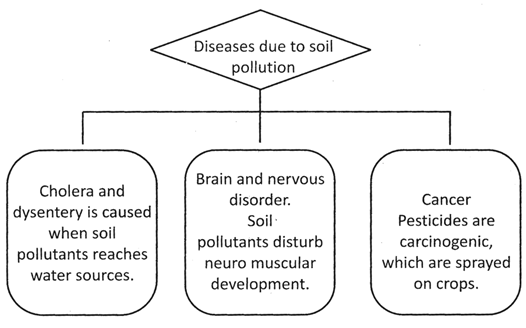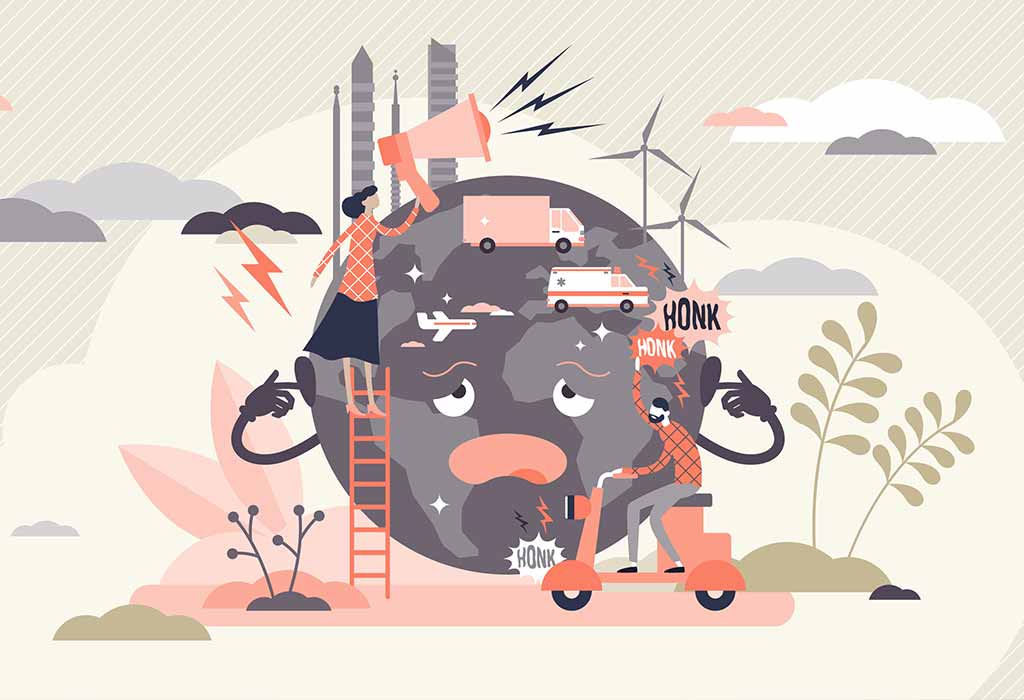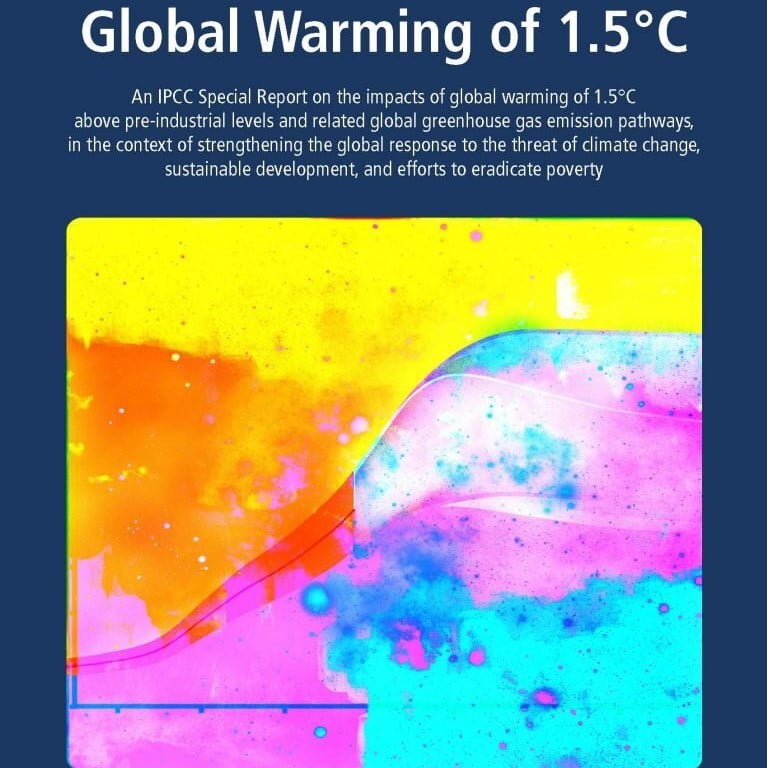
As the global population continues growing, so does the need for food. Nevertheless, the world faces several challenges to food security. These include fast food transitions, high prices, overconsumption, inefficient supply chains, and increased prices. Climate change will also impact food production, distribution, as well as consumption in many ways. However, there are many opportunities to mitigate and adapt to the effects of climate change on food.

For instance, climate-smart agricultural practices can reduce greenhouse gas emissions from livestock products. These strategies are useless without concerted action to decrease greenhouse gas emissions from agriculture practices. It is necessary to reform the global food system so that net food system emissions are minimized and responsible consumption and nutrition are promoted. It is essential to develop an emergency food reserve and data collection systems that are efficient.
Moreover, it will be important to devise effective technology to improve the efficiency of agricultural practices and to design efficient post-harvest handling and waste management systems. Scientists must also be able to better understand how dietary interventions can reduce food waste and promote the well-being of communities. These activities can be assisted by the scientific community. They can offer advice on how to efficiently manage dietary interventions as well as the cost effectiveness of such initiatives.
The role of scientists is not limited to developing global knowledge systems about sustainability. This system would combine information on human population dynamics, ecosystem services and agricultural practices into one comprehensive system. This information is vital for developing a food system which can withstand extreme climate changes.
Additionally, scientists are able to measure and communicate the vulnerability in agriculture to climate change. They can also help increase investment in agriculture by providing information about the economic benefits of climate smart farming techniques. This could also help reduce the negative effects of climate change and food security. Scientists can also identify geographic areas that have the potential to mitigate greenhouse gases.

Although scientists have much of what they can contribute, a coordinated global response to climate change is complex and multi-dimensional. Public and private businesses as well as civil society organizations are required to work together in order to achieve success. Governments need to work together to ensure policies are based upon evidence and that research is focused on finding the best possible policy solutions. For this to happen, governments must create common platforms, such a national and international climate and food security committees. Public and private business alike should invest in sustainable, low-waste supply chain solutions.
Finally, the scientific community is able to support the development of a coherent, multidisciplinary understanding of food security. This knowledge will allow for strategic, nimble investments and evidence-based policies. Research should focus on the following areas: the most efficient dietary interventions; how to improve the nutritional quality of diets; the most effective methods of managing food losses; and the most cost-effective ways to reduce food waste.
FAQ
What are the main causes of climate changes?
Climate change has become a global problem due to an increase in human-generated greenhouse emissions. These gases are mostly emitted by fossil fuel combustion for electricity and transportation. These emissions lead to a greater amount of sun's energy being trapped in Earth’s atmosphere, which results in rising temperatures.
Climate change can also be caused by population growth, land clearing, destruction of ecosystems and energy consumption, over-grazing, and deforestation. This further decreases the number natural carbon sinks that absorb CO2 in the atmosphere. Natural forces such as changes in solar radiation can also contribute to climate change.
These combined human activities result in overloading Earth's capacity to properly balance its energy budget, leading to an average increase of 1 degree Celsius globally since pre-industrial times. Glaciers melt faster than they form and sea levels rise as oceans absorb most of this heat energy. Water scarcity, droughts, or extreme weather events such hurricanes and floods can also have devastating consequences.
We must reduce our carbon footprint, and begin reducing our emissions immediately to protect ourselves from the increasing impacts of climate change. Along with reducing our dependence upon fossil fuels to generate electricity, it is important to invest in renewable sources like wind turbines or solar cells that do not emit harmful pollutants into nature. These delicate planetary cycles are also susceptible to other sustainable practices, like reforestation.
What are the international efforts currently being made to address climate change
The current international climate-change effort is moving forward with unprecedented momentum and unity. International efforts to address climate change are being facilitated by countries around the world, who are increasingly working together to reduce carbon emissions, improve resilience and invest in renewable energies.
The Paris Agreement, which has galvanized global action and provides a framework for countries to establish voluntary targets to reduce their emissions, serves as a framework. In addition, the UN Framework Convention on Climate Change provides political guidance as well as piloting new initiatives such carbon market mechanisms.
Progress is also being made in specific regions; for example, The European Green Deal is a comprehensive package of legislation aimed at recreating Europe's economy with sustainability at its core, while countries of the African continent have committed to the African Renewable Energy Initiative which aims to increase Africa's share of global renewable energy production.
In addition to policy developments, action can be seen across sectors and industries; cities are actively transitioning toward sustainable public transport systems while society as a whole is embracing more sustainable lifestyles; companies are innovating technologies that drive down emissions while investors are reallocating their capital away from fossil fuels towards renewables.
The OECD committee represents wealthy countries and has established common standards for reporting national climate action through the Common Reporting Framework, also called the 2021 Guidelines.
These efforts signify a new level of importance for climate action. To meet climate goals, both governments and civil society must continue to build on the momentum.
How does the politics of climate change impact global efforts to address it?
Climate change is highly politicized and has caused division between governments, individuals, and nations. Politics of different actors can have an impact on the implementation of climate change measures. It is becoming difficult to reach consensus on global efforts for addressing this urgent environmental crisis.
The overwhelming majority of scientists agree with the fact that human-generated global warming is real. It is urgent for action to address it. The politics surrounding these issues often undermines global cooperation which is needed to make effective progress in implementing sustainable energy practices, upholding regulations protecting natural habitats, researching viable technological solutions, and other climate change interventions.
Most governments are eager to protect their business interests and enforce rules that will limit business activity as much as possible. This is often in conflict with the regulations experts recommend to combat climate change. Without strong commitments by all countries involved and large-scale international action it is difficult for any state or group to adequately address climate changes through legislation.
Further complicating the process of reaching full agreement on how to deal with climate change is the differences in power dynamics. Countries with more economic power frequently appoint their own representatives for international negotiations over the environment. This can lead lopsided discussions between countries' perceived interests and those of all other parties. At both the national and international level, there have been extensive discussions about potential side effects of radical changes like geoengineering.
The grassroots movements also have struggled against powerful enemies, such as corporate ownerships and well funded lobbyists who want to maintain politically favorable positions in their industries. This includes funding research into alternative forms energy production and enforcing renewable technology mandates. It is important that individual governments are clear about the possible rewards and outcomes if they intend to actively pursue valid progress on this matter and not seek public favor through short-term gains and spectacles.
It is essential to distribute resources properly to any intervention program, and to be mindful of political divisions within nations, if we want to see an effective coordinated effort to mitigate our current environmental crisis.
What does climate change mean for the oceans and marine life of the world?
What are the impacts of climate changes on the oceans, and marine life worldwide?
Climate change has been significantly affecting the world's oceans and the associated marine life since its onset. The constant oceanic heating caused by the loss of the ozone layers causes severe disruptions to marine ecosystems, leading to coral bleaching and species declines.
Unpredictable weather conditions and stronger storms are also linked to climate change, leading to extreme surges in sea levels that can prove deadly for coastal areas. Temperature changes can also cause water levels to drop, causing "dead zones", areas where there is less marine life.
Ocean acidification is also caused by carbon dioxide that is released into the air and then accumulates in the seas. Ocean acidification alters the pH balance, which makes it impossible for some animals, like oysters, crabs, and clams to adapt.
Higher temperatures can also cause changes in natural habitats. They may shrink or change their geographical location, making it unhabitable for species that depend on them. The increase in ocean stresses accelerates the already high rates of extinction worldwide. This can lead to a severe imbalance among predators and prey, which could ultimately lead to complete extinction.
All ecosystems are affected by climate change. This can be directly or indirectly via evaporation, water volume reductions or sharp temperature shifts. These changes could have a devastating effect on sustainable development of marine activities and fisheries. Overall climate change continues one by one wiping out entire species from our planet transforming future lives on land but most importantly deep below the surface of our oceans.
Statistics
- The 10 countries with the largest emissions contribute 68 percent. (un.org)
- According to the 2014 report on Climate Change Impacts, Adaptation, and Vulnerability (page 8) from the United Nations Intergovernmental Panel on Climate Change, governments at various levels are also getting better at adaptation. (climate.nasa.gov)
- The 100 least-emitting countries generate 3 per cent of total emissions. (un.org)
- This source accounts for about 10% of all the water that enters this highly productive farmland, including rivers and rain. (climate.nasa.gov)
- features Earth's average surface temperature in 2022 tied with 2015 as the fifth warmest on record, according to an analysis by NASA. (climate.nasa.gov)
External Links
How To
How to Support Climate Friendly Policies and Companies
There are many ways that individuals can support climate-friendly companies and policies. This can include speaking out against non-climate-friendly businesses or politicians, voting for pro-environment candidates, writing letters or emails of encouragement to those who are already taking positive action towards the environment, and signing petitions in favor of policies that encourage and support climate-friendliness. Individuals can also immediately take more practical steps such as switching providers when possible to ones that have a better environmental record or choosing sustainable products over those with higher carbon emissions.
Supporting climate-friendly policies and companies is one of the most important steps in reducing one’s carbon footprint. This can involve changing simple daily habits such as unplugging appliances or switching off lights when not needed, commuting via public transportation or carpooling instead of driving alone, using eco-friendly household items like biodegradable cleaning supplies and composting kitchen scraps rather than adding them to landfills, wearing clothes made from sustainable fibers often grown without chemicals, choosing locally sourced food whenever possible, setting up energy-efficient energy systems at home using solar panels or wind turbines, and planting trees around your property which absorb CO2 (carbon dioxide) from the atmosphere.
Investors interested in supporting climate friendly policies should research companies with lower carbon emissions before investing. Investors who are interested in supporting climate friendly policies should research companies that emit less carbon than they own. They should also review their portfolios frequently to make sure they comply with the sustainability standards set by them. Investors may want to ensure that their investments in Green bonds do not finance projects with any activity which contributes more greenhouse gases into the air than they take away. Lastly, investors should pay attention to any opportunities where funds could be transitioned towards green business activities such as renewable energy alternatives as well as other initiatives promoting sustainability such as community-building projects focused on green technologies.